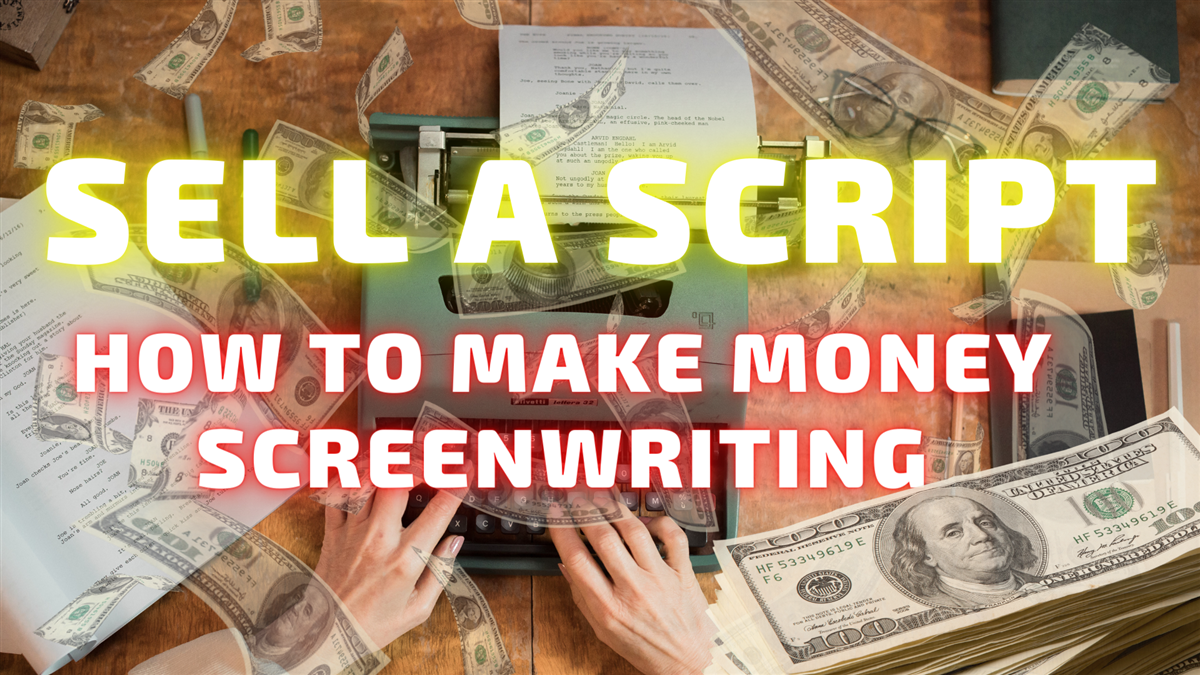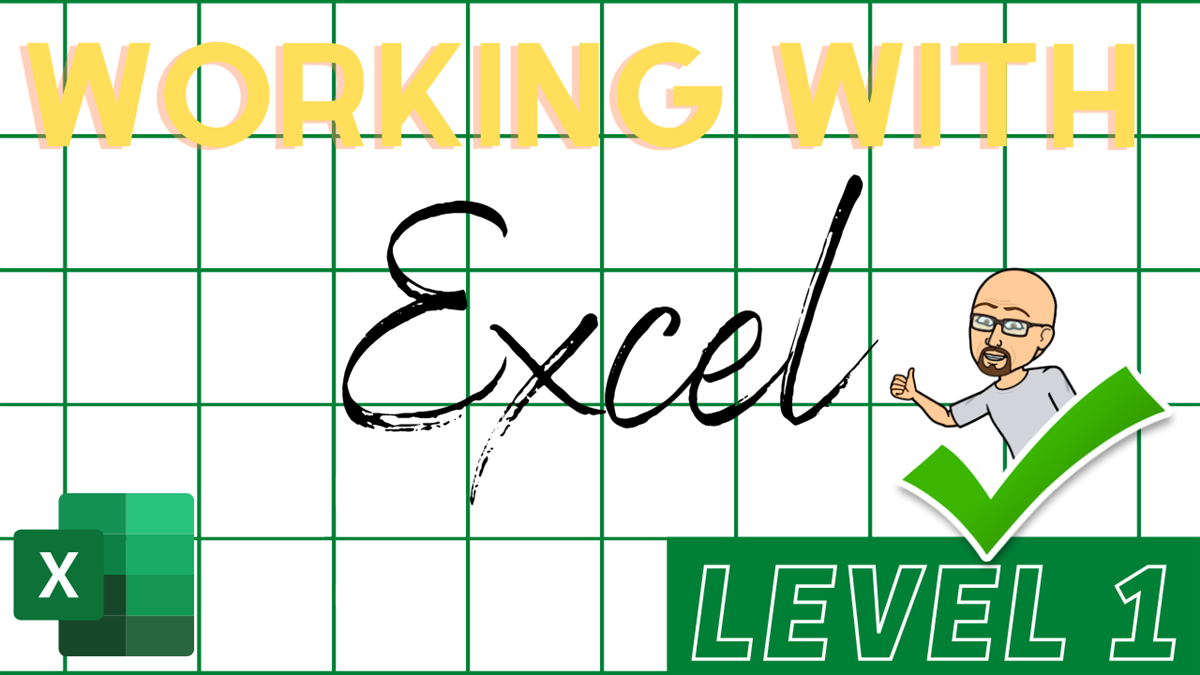
Best PLC (Programmable Logic Controller) Courses
PLC (Programmable Logic Controller) Courses
Programmable Logic Controllers (PLCs) are essential components in industrial automation, used to control machinery and processes in manufacturing and other industries. Our PLC courses are designed to equip you with the skills and knowledge needed to design, program, and troubleshoot PLC systems effectively. Whether you are new to PLCs or seeking to advance your expertise, our courses offer comprehensive training in PLC programming and applications.
Course Overview
Our PLC courses cover a wide range of topics, ensuring you gain a deep understanding of PLC fundamentals and practical skills. Key areas of focus include:
Introduction to PLCs
- Topics Covered: Basics of PLCs, history, and applications in industrial automation.
- Objective: Gain a foundational understanding of what PLCs are and their role in controlling industrial processes.
PLC Hardware and Architecture
- Topics Covered: Components of a PLC system, input/output modules, CPUs, and memory organization.
- Objective: Learn about the physical components and architecture of PLC systems.
PLC Programming Languages
- Topics Covered: Ladder Logic (LAD), Function Block Diagram (FBD), Structured Text (ST), and Sequential Function Chart (SFC).
- Objective: Understand different programming languages used in PLCs and their applications.
PLC Software Tools
- Topics Covered: Programming software such as Siemens TIA Portal, Allen-Bradley RSLogix, and others.
- Objective: Gain proficiency in using PLC programming software to develop and debug PLC programs.
Digital and Analog I/O Control
- Topics Covered: Interfacing PLCs with digital and analog sensors and actuators.
- Objective: Learn how to control and monitor digital and analog signals using PLCs.
PLC Communication Protocols
- Topics Covered: Industrial communication protocols like Modbus, Profibus, Ethernet/IP, and OPC.
- Objective: Understand how PLCs communicate with other devices and systems in industrial networks.
PLC Networking and Integration
- Topics Covered: Networking PLCs, remote access, and integrating PLCs with SCADA systems.
- Objective: Learn how to network PLCs and integrate them into larger automation systems.
PLC Troubleshooting and Maintenance
- Topics Covered: Troubleshooting techniques, diagnostics, and preventive maintenance of PLC systems.
- Objective: Develop skills to diagnose and resolve PLC system faults and ensure reliable operation.
Safety and Security in PLC Systems
- Topics Covered: Safety standards, cybersecurity considerations, and best practices for securing PLC systems.
- Objective: Understand safety and security measures to protect PLC systems from potential risks.
Applications of PLCs in Industry
- Topics Covered: Case studies, practical applications, and real-world examples of PLC use in different industries.
- Objective: Explore how PLCs are applied in manufacturing, process control, automotive, and other sectors.
Why Choose Our PLC Courses?
- Comprehensive Curriculum: Our courses cover all essential aspects of PLCs, providing a thorough education in industrial automation.
- Expert Instructors: Learn from experienced PLC professionals who offer practical insights and real-world examples.
- Hands-On Learning: Engage in practical exercises, labs, and simulations to apply your knowledge and develop hands-on skills.
- Flexible Learning Options: Access our courses online or in-person to fit your schedule and learning preferences.
- Certification Preparation: Benefit from exam preparation materials and guidance to help you achieve PLC programming certifications.
- Career Advancement: Gaining expertise in PLCs enhances your career prospects in industrial automation and control engineering.
Conclusion
Our PLC courses are designed to equip you with the skills and knowledge necessary to excel in the field of industrial automation. Whether you're starting your career or looking to advance, our courses offer comprehensive training to help you become a proficient PLC programmer and technician.
















